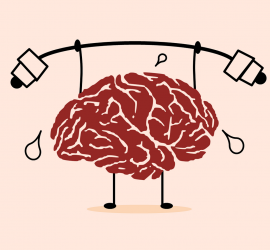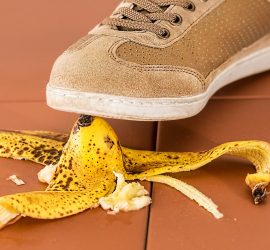Aerobic exercise enhances fluid intelligence in stroke patients
Fluid intelligence, sometimes called abstract reasoning, is the ability to think logically and solve problems; a highly valued human capacity. Over 70% of patients admitted to hospital with stroke have cognitive impairment, but cognition is rarely a target of rehabilitation treatments. Moderate-vigorous intensity aerobic exercise is a potent brain stimulus […]




